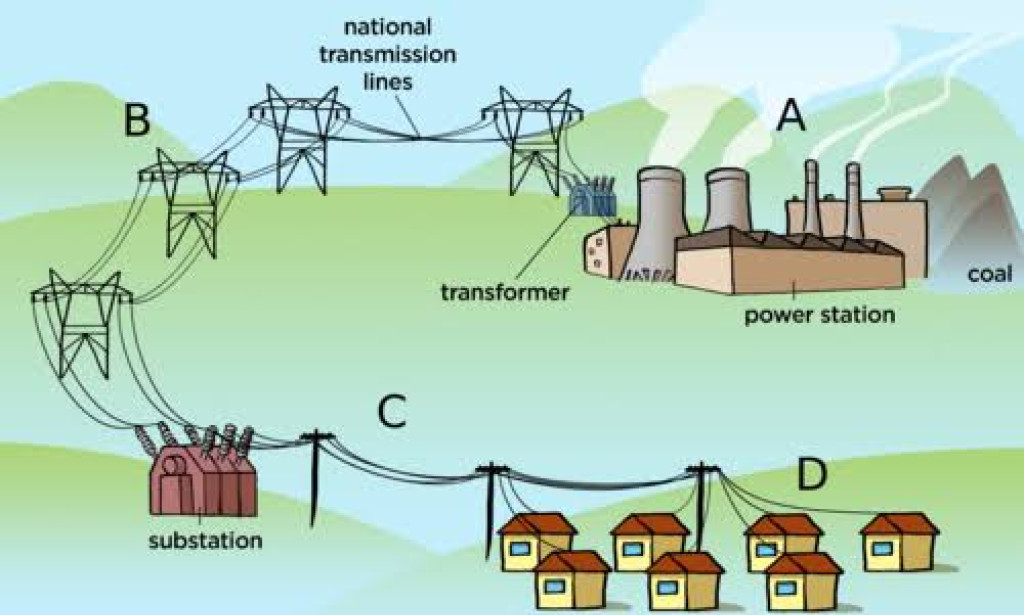In the face of climate change and growing environmental concerns, the shift towards renewable energy has never been more crucial. Over the past few decades, the world has increasingly relied on non-renewable sources like coal, oil, and natural gas to meet energy demands. However, these resources are finite and contribute significantly to global warming. In contrast, renewable energy sources such as solar, wind, and hydroelectric power offer an environmentally friendly alternative that can help mitigate the effects of climate change.
Solar energy, one of the most widely adopted renewable resources, harnesses the power of the sun through photovoltaic cells to generate electricity. As technology improves, solar panels have become more efficient and affordable, making them accessible to homeowners and businesses alike. Wind energy, generated through turbines, has also seen significant growth. Wind farms are now a common sight in many parts of the world, especially in areas with consistent wind patterns. Hydroelectric power, derived from flowing water, remains one of the largest sources of renewable energy globally.
Beyond the environmental benefits, renewable energy has the potential to revolutionize economies. The renewable energy sector has created millions of jobs worldwide, from the manufacturing of solar panels to the operation of wind farms. Moreover, the reduction in reliance on imported fossil fuels can boost energy independence, offering countries greater security and stability.
However, despite its many benefits, the transition to renewable energy faces several challenges. One of the primary concerns is the intermittency of some renewable resources, such as wind and solar, which are not available at all times. This requires the development of advanced energy storage solutions and grid management technologies to ensure a reliable power supply. Additionally, transitioning to a renewable energy-based economy requires significant investments in infrastructure and policy support.
Nevertheless, the future of renewable energy looks bright. As innovation continues to drive down costs and improve efficiency, the adoption of renewable energy is expected to increase, making it a central part of global energy strategies. With continued collaboration between governments, businesses, and communities, the transition to a more sustainable energy future is not just possible, but inevitable.

You must be logged in to post a comment.